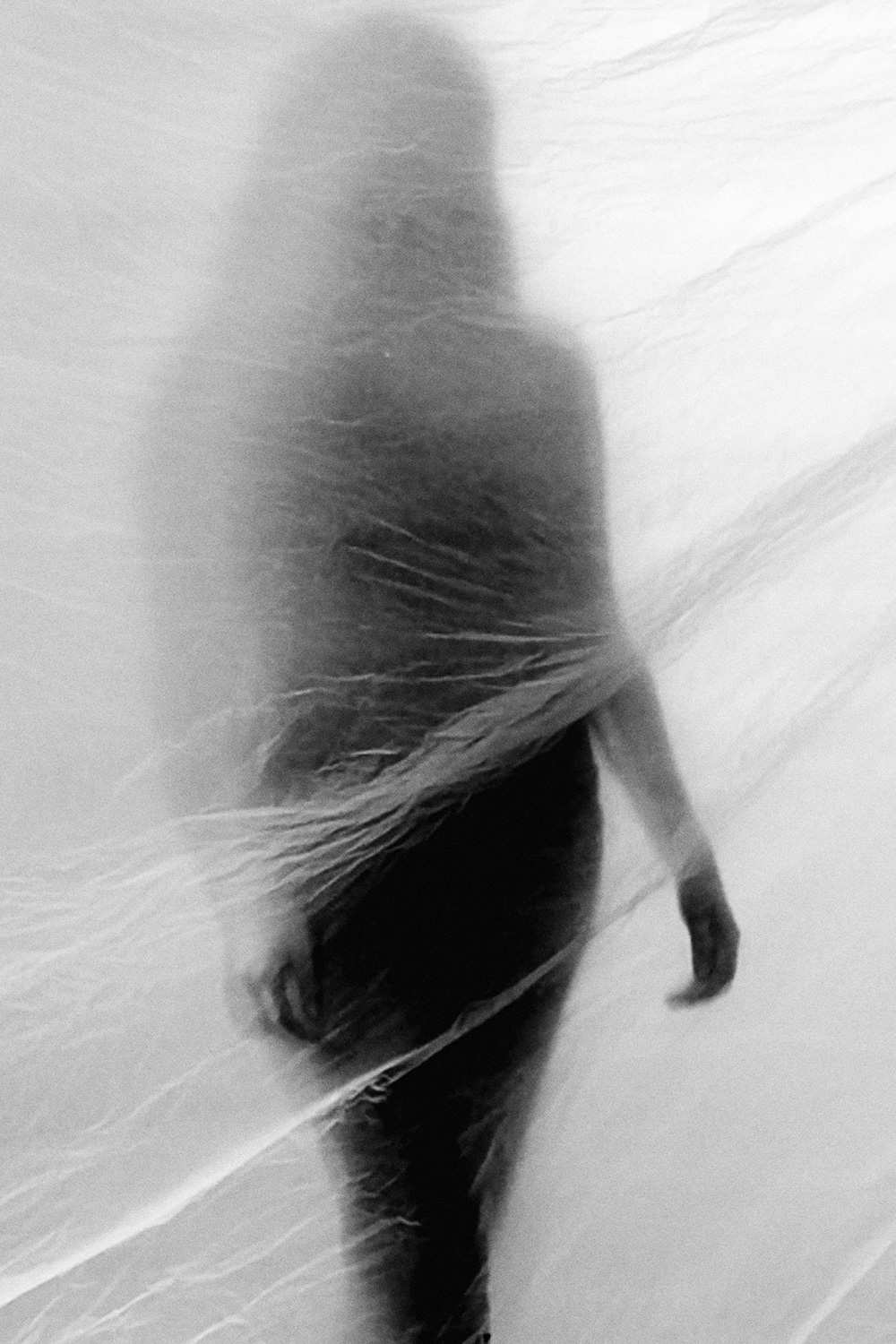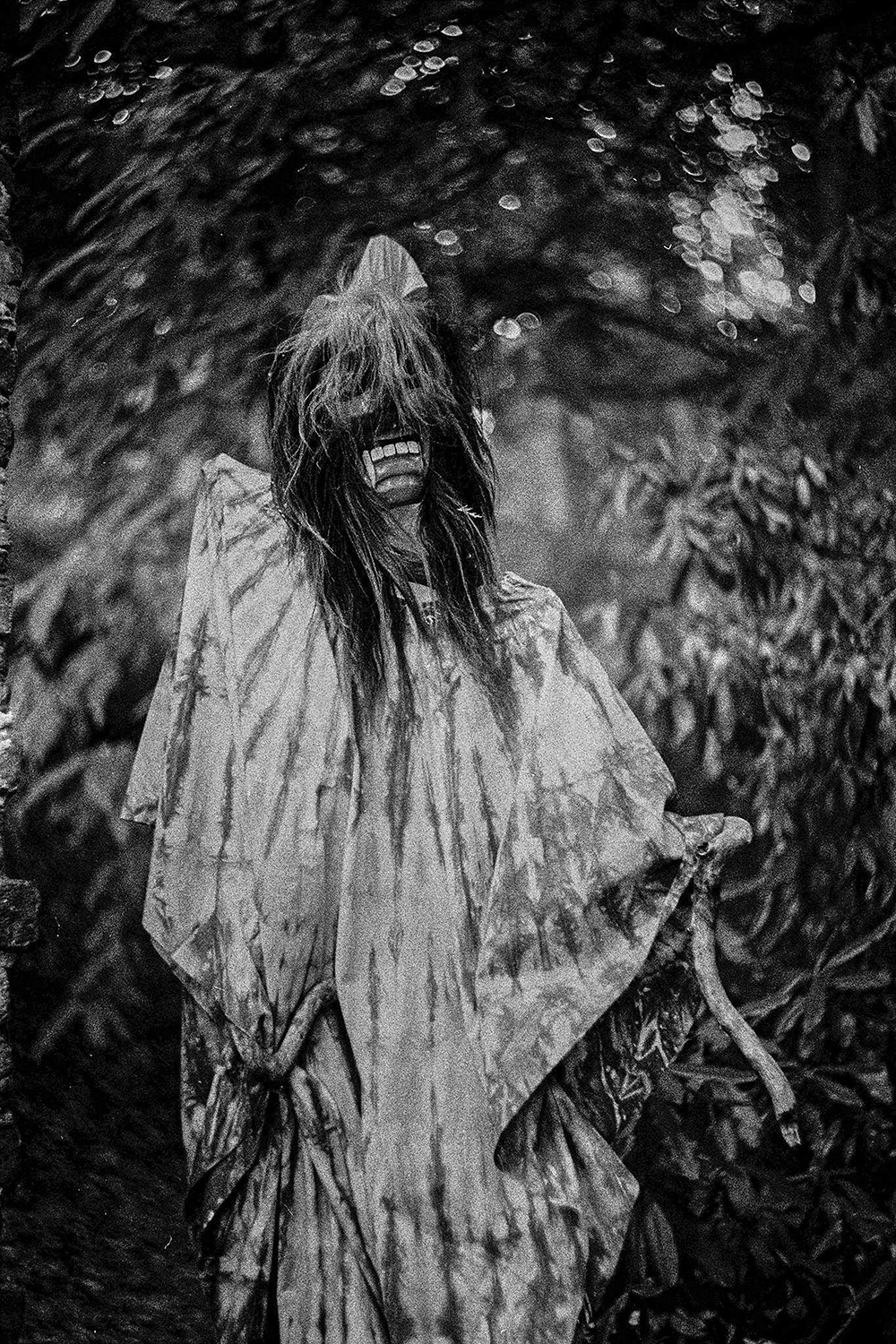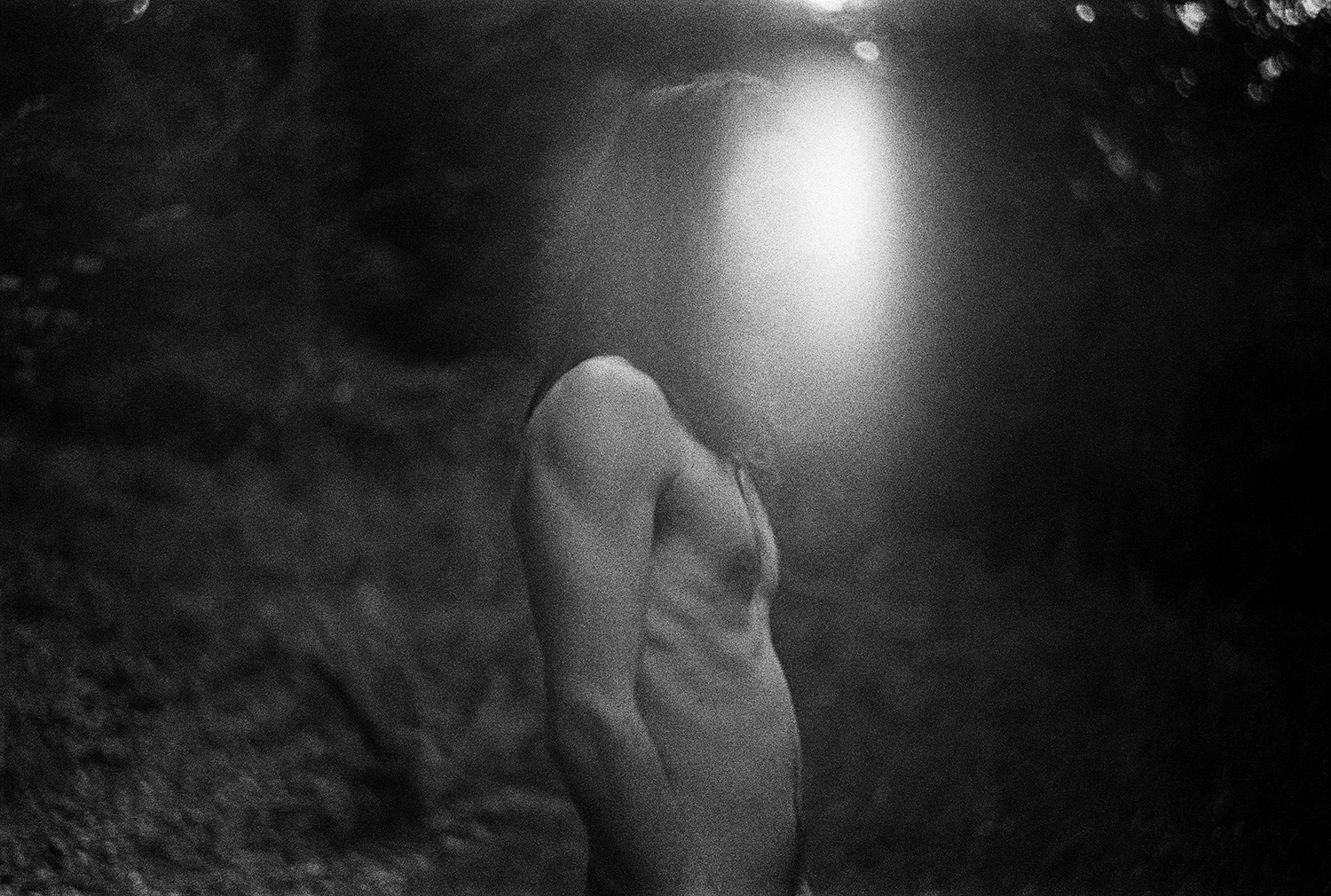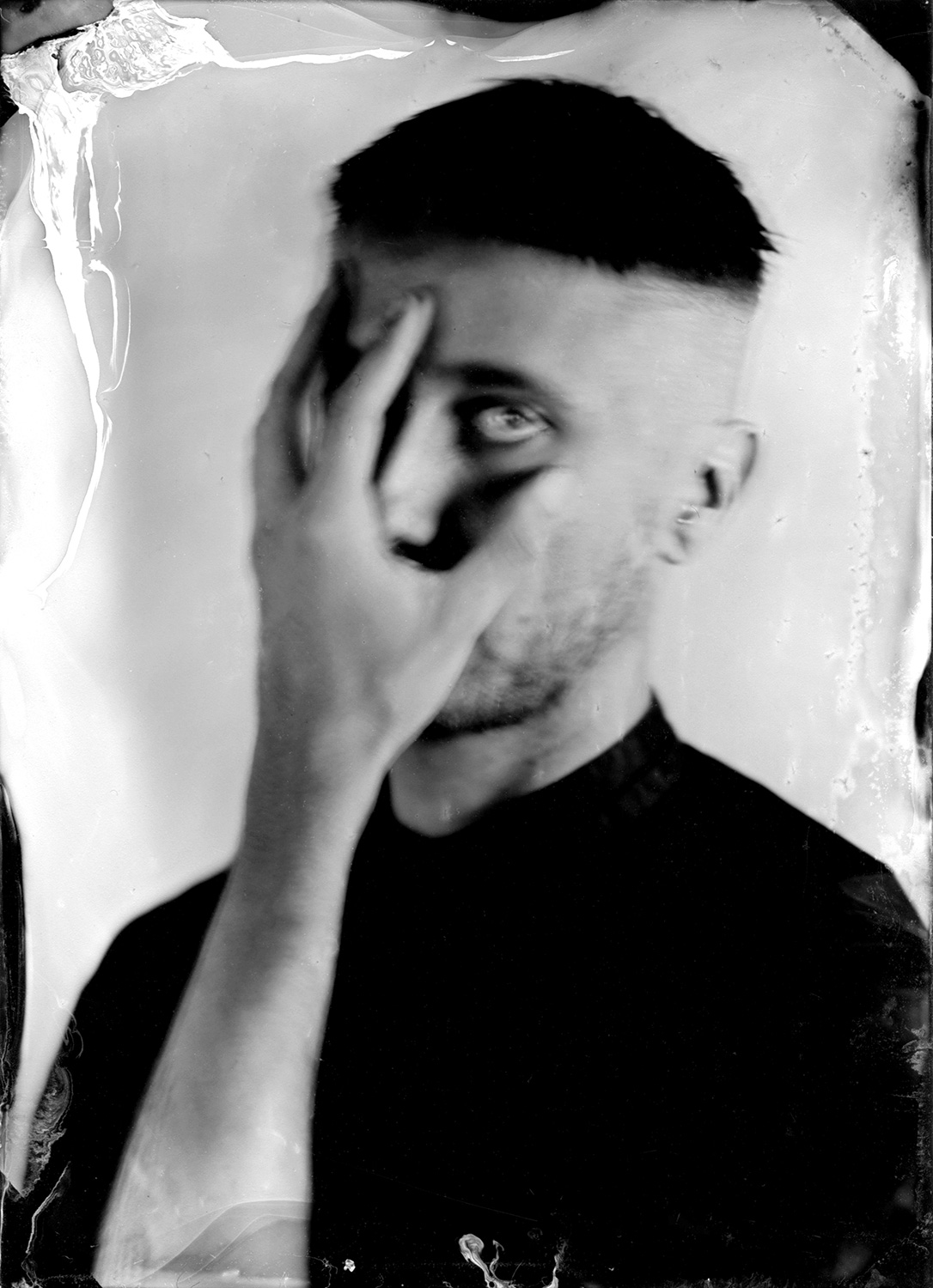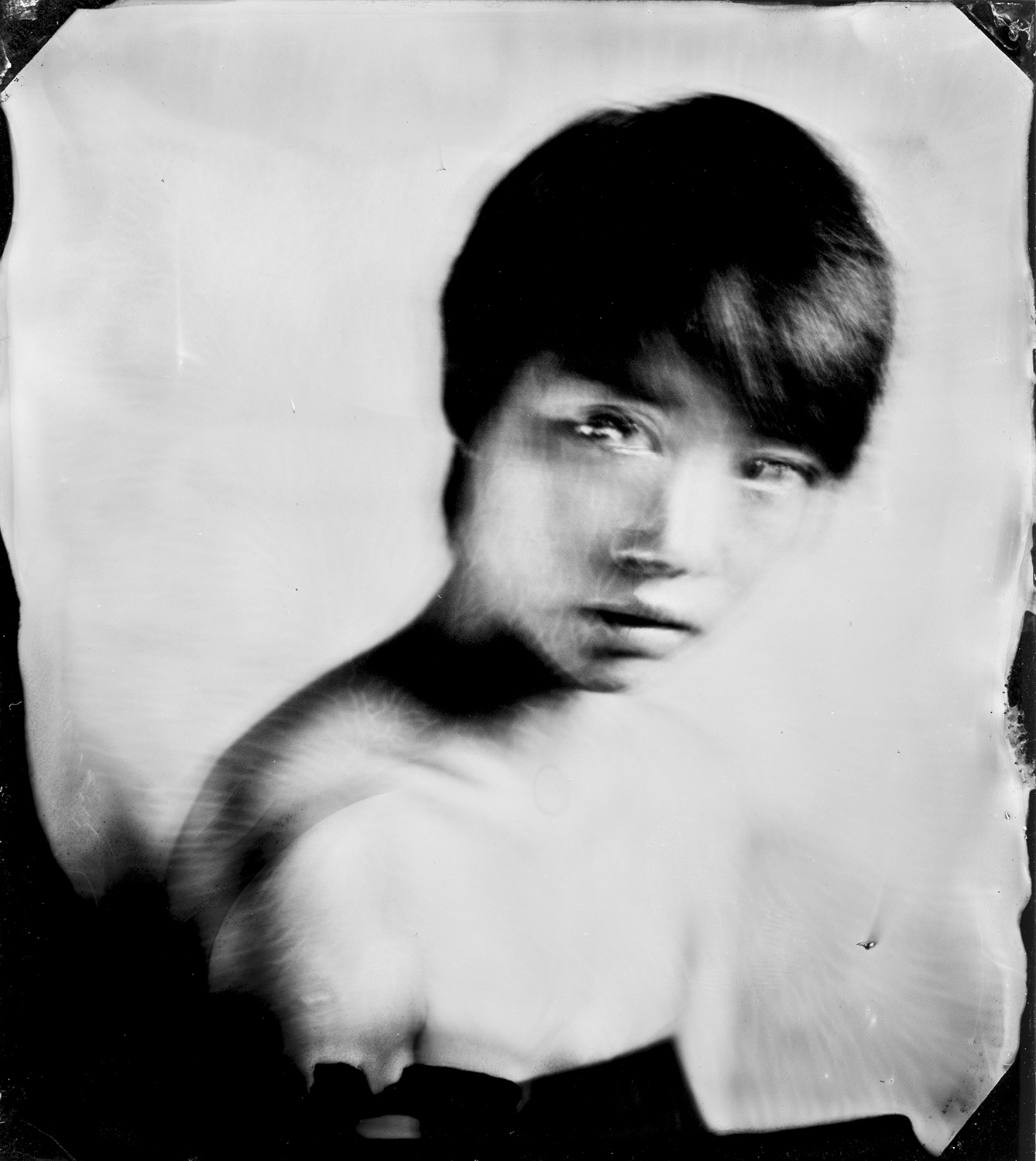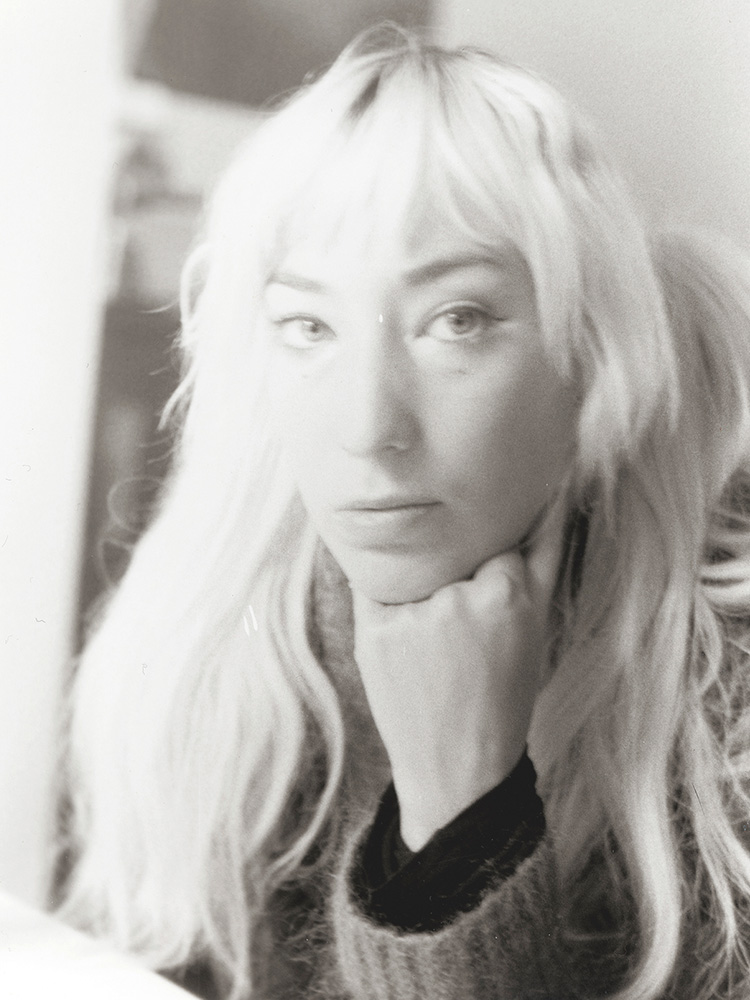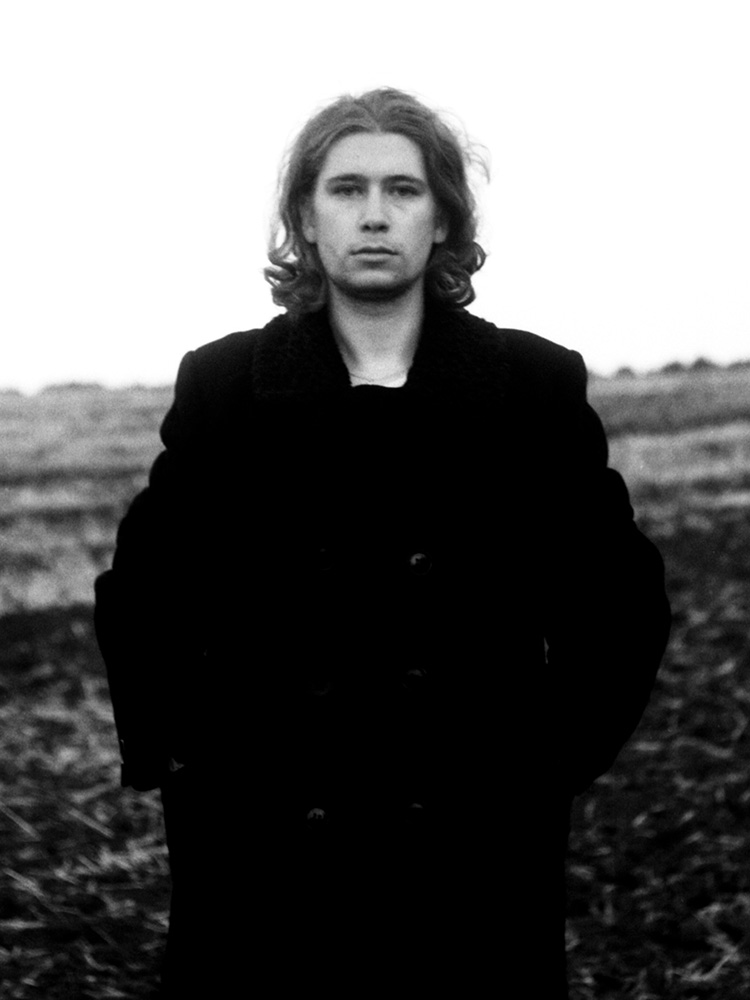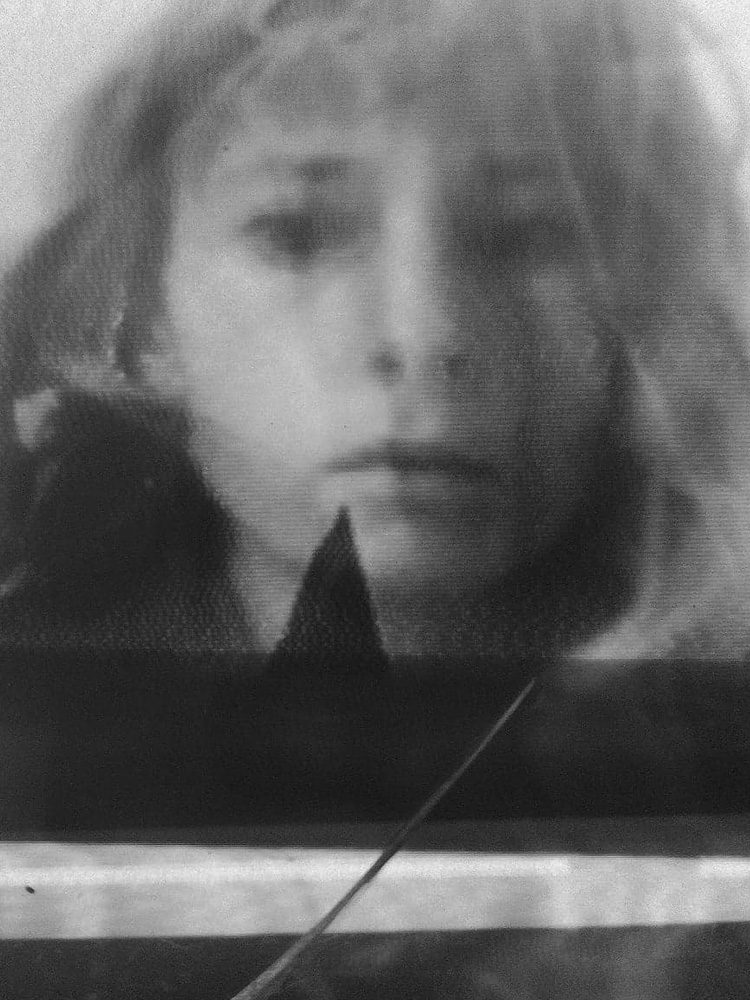
In conversation with
Pauline Caplet
Brussels, Belgium
Hi Pauline, please introduce yourself.
I work and I live at Brussels. I opened L’Enfant Sauvage, a space dedicated to photography, especially film photography, with exhibitions, workshops, events, etc.
I started photography at the age of 11, alone. I was very interested in the image I don’t know by what magic. I come from a working class family, then at the age of 13, I was lucky enough to have a great plastic arts teacher who was a photographer with her husband. We built a darkroom in the closet of her classroom, that’s where I fell in love with film photography. I absolutely knew that I wanted to do photography so I went to photography school directly at the age of 15, then I was a freelance photographer very quickly at 18.
What does analog photography mean to you? What excites / fascinates you about it?
I think it’s not the same way of working, nowadays with this society where everything has to go fast, film photography brings you back to something calmer, timeless, it forces you to take the time and be patient and that’s what I like about her, and then it’s magical to discover these images later, sometimes even when you’ve forgotten your film! And sometimes there’s nothing on the film, but that’s also the magic, it’s like a loss of control over what you’re trying to photograph
In your opinion, what are the advantages and disadvantages of analogue photography?
I think the disadvantage is the price, the films are more and more expensive and also the products are not very good for the planet. I would like to start discovering alternative solutions
Do you concentrate on a certain topic in your work?
I’ve always done portraits, it’s always fascinated me, even if I sometimes do landscapes, I realize that there’s always a human trace somewhere, I think it’s a subject that interests me. Fascinates and scares me at the same time, the human. I was very alone during my childhood and I think it was a way to get closer to people, to photograph them! I also like photographing my cat, haha.
I really like working with dancers – I like photographing the moving body in space. I find it very interesting.
Are there (analogue) photographers who have influenced your aesthetic and approach?
Michael Ackerman, Antoine d’Agata, Daidō Moriyama, Nobuyoshi Araki and a lot of Belgian photographers.
Do you have certain cameras and films that you prefer to work with?
I use an old Zenit B camera that I found at my parents’ house a long time ago. I also use a Hasselblad 500cm but I hardly use it because I find it too “clean”, haha. I use other cameras for different projects. I also like to use the Afghan Box Camera for portraits on paper negatives. I also used a technical chamber for wet collodion. For me the important thing is not the camera but what you do with it.
Speaking of films: What does your workflow look like?
I mainly use Ilford HP5 films, Tri X 400 from Kodak but also the Fomapan 400. Unfortunately I no longer develop my films myself or the Scans, but I’m moving house soon and I’m going to do a workshop / lab, so I’m going to redo all that. I would like to take the opportunity to experiment with alternative products such as cafenol.
What advice would you have for other photographers who are reading this interview?
I don’t really have any advice, have fun! Experiment, there are so many things to discover, put your hands in the material and always stay like a child who discovers.
If you publish your work on Instagram: curse or blessing?
Neither, I publish very little on Instagram, I don’t like social networks very much in general, it’s more to share the news of the latest work, things in progress. I understand that people find satisfaction in it – but I don’t.
Which 3 photo books can you recommend / should you definitely own?
They are so many ! It’s to difficult to choose 3. You can discover the books of Le Mulet edition, it’s a really great edition in Belgium, also the books of Christopher de Béthune and Antonio Jiménez Saiz like “tant de poussière et moi si sourd”. The book is growing and changing, there are so many possibilities and things to see, we also have a Bookshop at L’Enfant Sauvage
Thank you so much for your time!
Favorites
Zenit B
llford HP5, Kodak Tri X 400
B/W
